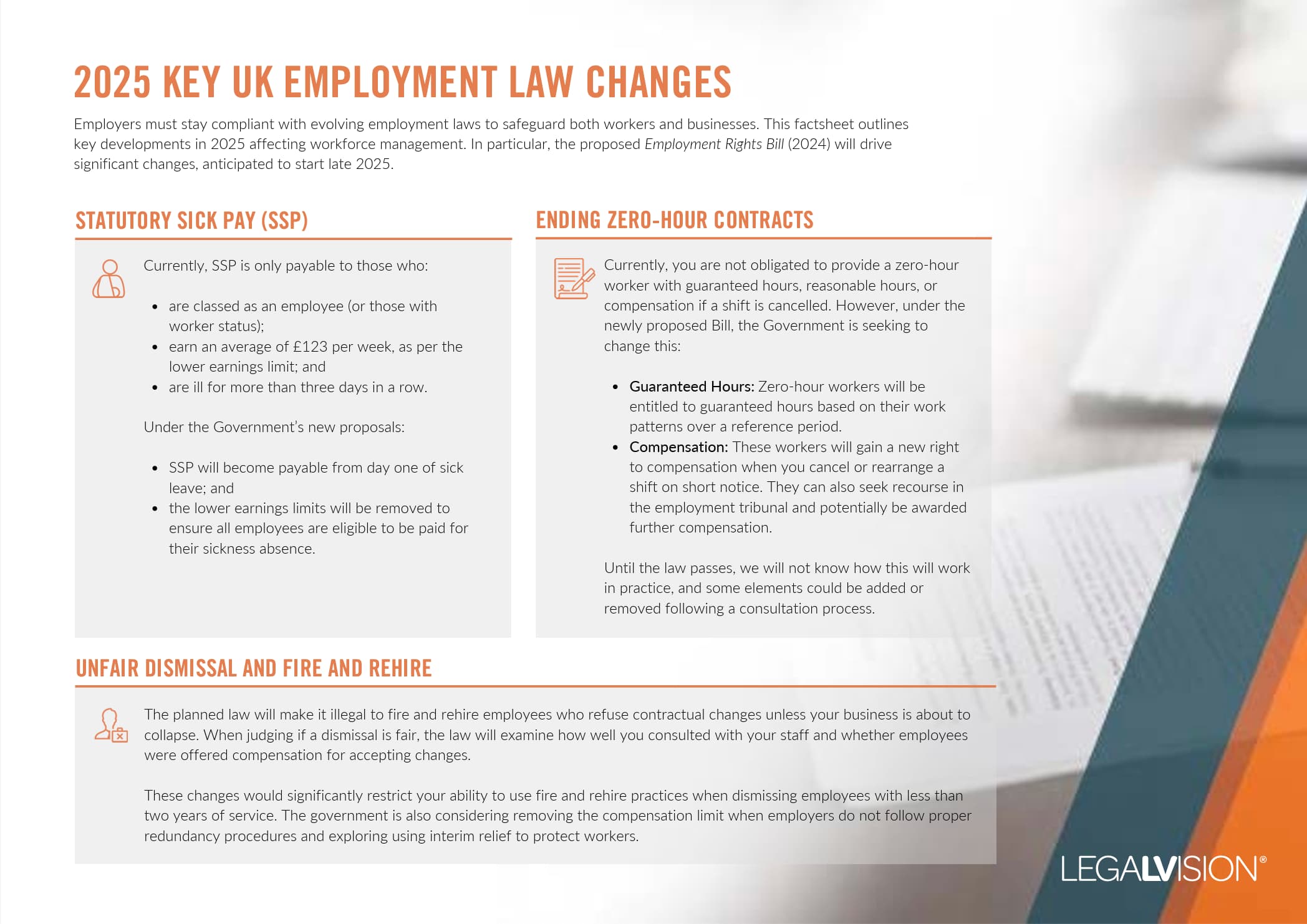An essential area of law to understand as an employer is discrimination law, which includes disability law. It is crucial that you carry out your obligations under disability employment law. Therefore, you must determine whether disability law applies to your employees and what your legal duties are. One long-term condition you may not be sure whether disability law applies to is endometriosis, a reproductive condition affecting women. This is a severe condition that may cause long-term pain, therefore rendering your employees unable to work. This article outlines disability law and how it applies to endometriosis.
What is Endometriosis?
Endometriosis is a painful condition that one in ten UK women suffer from. It occurs when cells commonly found in the uterus are abnormally present throughout a woman’s pelvic area and operate according to her menstrual cycle. As a result, this can create bleeding in the pelvic area, causing:
- inflammation;
- pain; and
- scar tissue to form.
What Are the Effects of Endometriosis?
Endometriosis can have many different effects on a woman’s body. If one of your employees has this condition, they may suffer from:
- chronic pain;
- heavy periods;
- bladder issues;
- bowel problems;
- nausea;
- a lack of energy or fatigue;
- feeling depressed;
- feeling isolated;
- not being able to conceive; and
- difficulty keeping to social commitments.
Due to the severity of the condition, employees with endometriosis may also have difficulties carrying out their job roles. For example, they may find it challenging to stand or sit for a long time or perform demanding physical tasks.
Continue reading this article below the formWhat is Disability Law?
The Equality Act 2010 explains disability law in employment. This act defines the legal meaning of disabilities and protects those who meet the criteria for discrimination in an employment setting.
Some conditions and illnesses, such as cancer, are known as disabilities, so those with them have automatic protection. However, other conditions must meet the criteria.
A disability is where a person has either a:
- ‘physical or mental impairment’; and
- this ‘has a substantial and long-term adverse effect on their ability to carry out normal day-to-day activities’.
‘Impairment’ refers to a reduction in physical or mental ability; ‘long-term’ means more than 12 months or can affect them for their whole life.

This factsheet outlines key developments in 2025 affecting workforce management.
Does Disability Law Cover Endometriosis?
Endometriosis can be considered a disability under disability employment law. This is because it is a physical impairment that meets the second limb of the definition, having a ‘substantial and long-term adverse effect on an employee’s ability to carry out normal day-to-day activities’.
If you fail to make a reasonable adjustment for someone whose endometritis is classed as a disability, you could face an employment tribunal. Adjustments for employees may include:
- providing extra rest breaks;
- allowing flexible working arrangements;
- altering your business premises to accommodate your employees, including providing handrails, standing desks and other provisions; and
- providing extra training.
Key Takeaways
Endometriosis is a painful condition affecting 1 in 10 UK women. If your employees suffer from endometriosis, they may have adverse symptoms, including chronic pain, nausea and bowel problems. As an employer, you have a legal duty to make reasonable adjustments to help a person whose endometriosis is a disability to overcome any difficulties they may face. A disability is when someone has a mental or physical impairment that ‘has a substantial and long-term adverse effect on their ability to carry out normal day-to-day activities’. You may make reasonable adjustments for your employees.
If you need help understanding whether endometriosis is a disability in the UK, our experienced employment lawyers can assist as part of our LegalVision membership. For a low monthly fee, you will have unlimited access to lawyers to answer your questions and draft and review your documents. Call us today on 0808 196 8584 or visit our membership page.
Frequently Asked Questions
Endometriosis is a condition that occurs when cells commonly found in the uterus are abnormally present throughout a woman’s pelvic area and operate according to her menstrual cycle. As a result, this can create bleeding in the pelvic area.
Endometriosis can be a disability as it is a physical impairment for your employee and can have a ‘substantial and long-term adverse effect on their ability to carry out normal day-to-day activities.
We appreciate your feedback – your submission has been successfully received.











